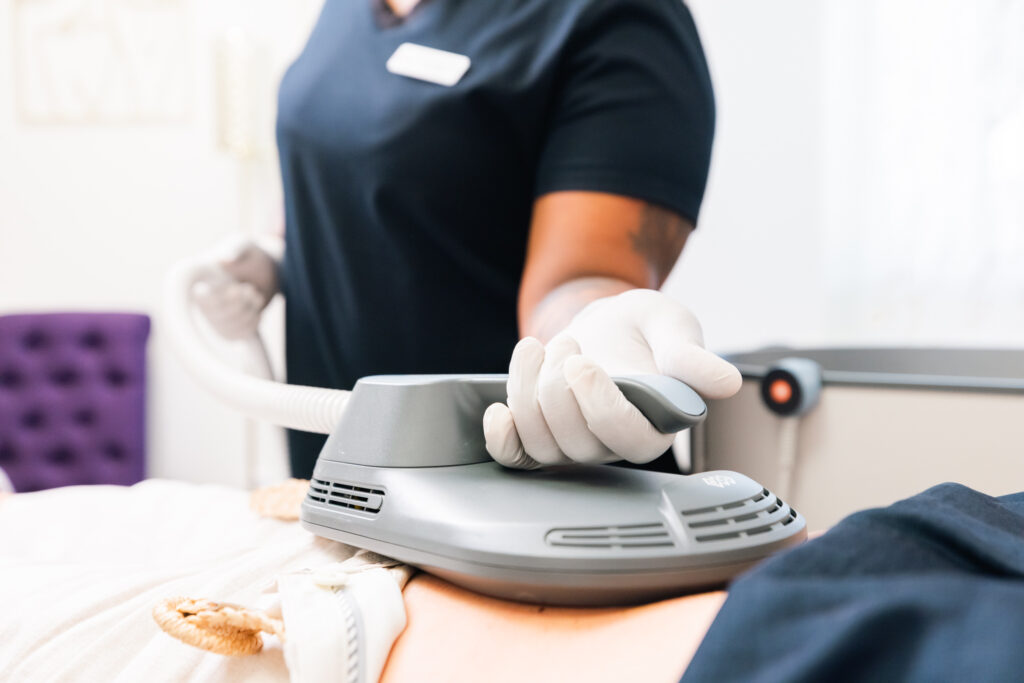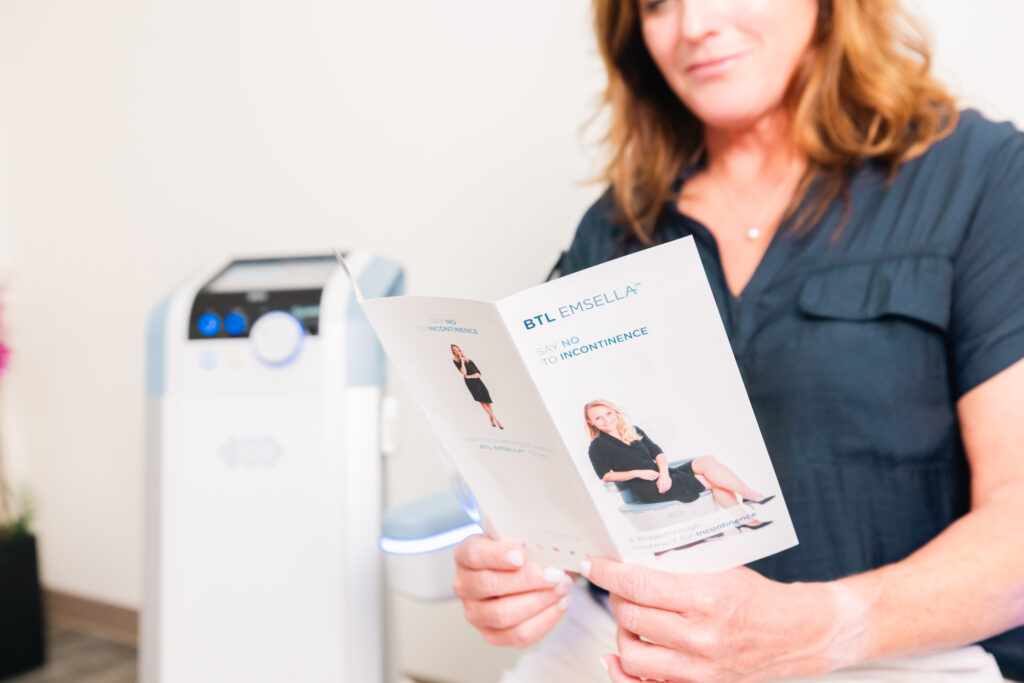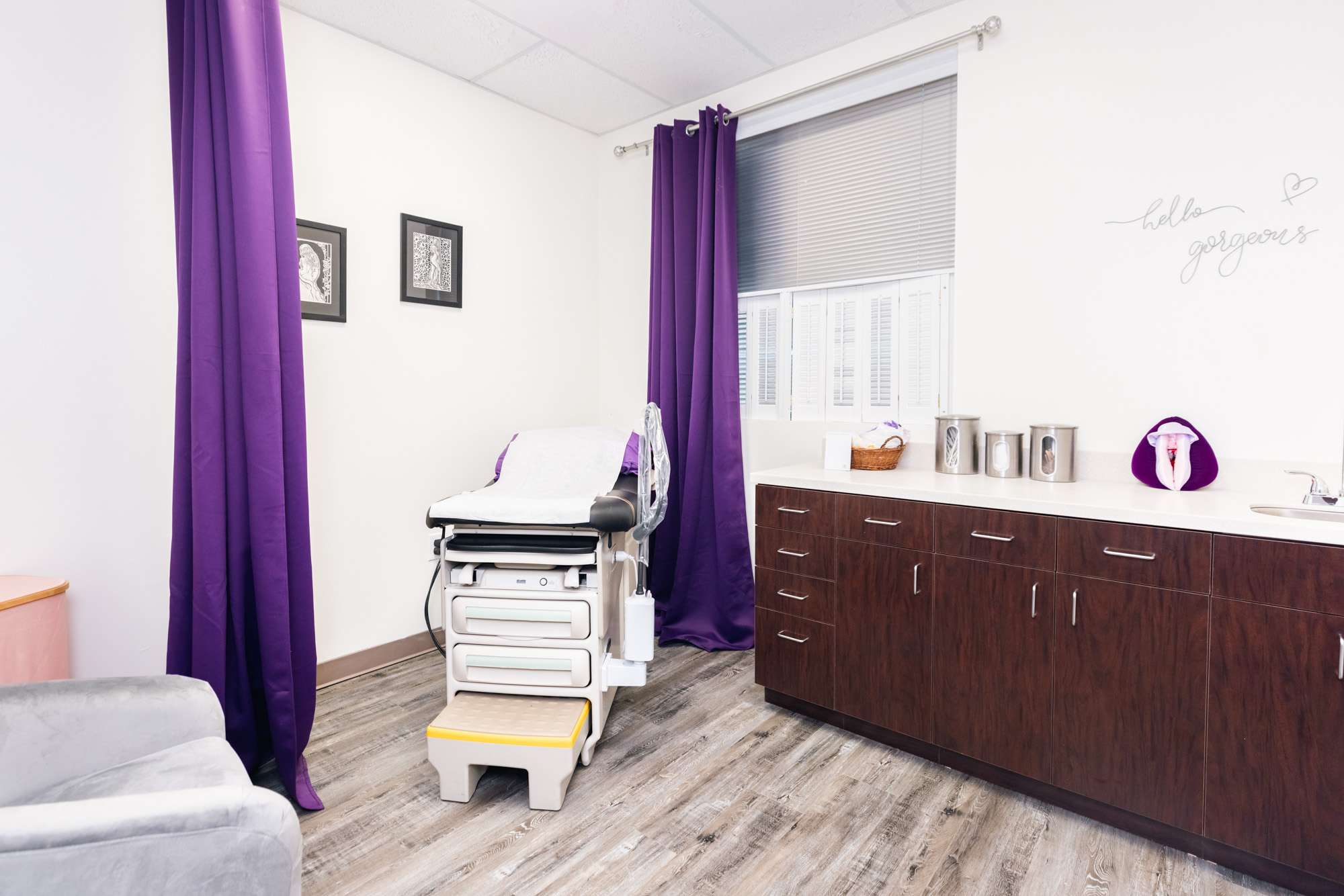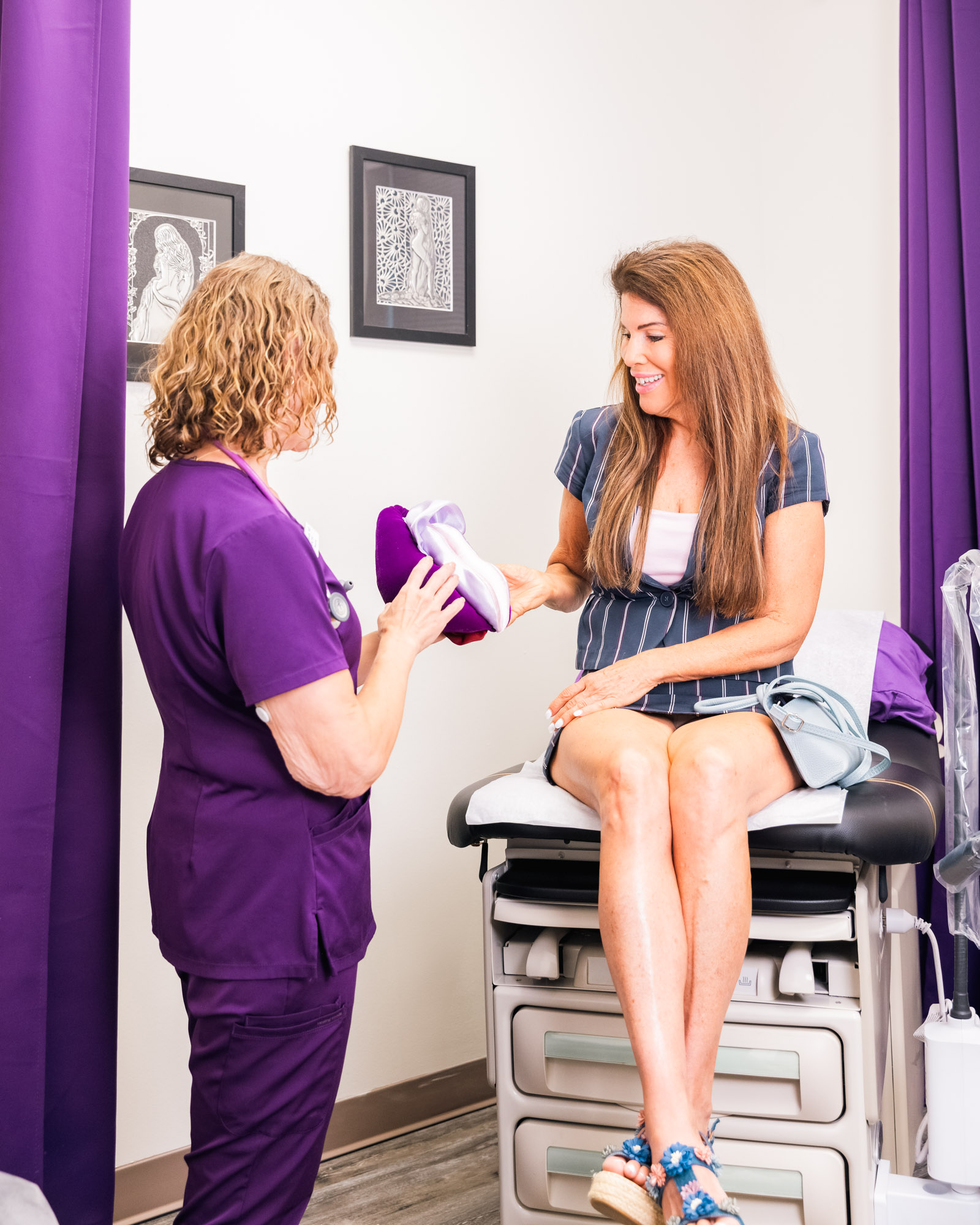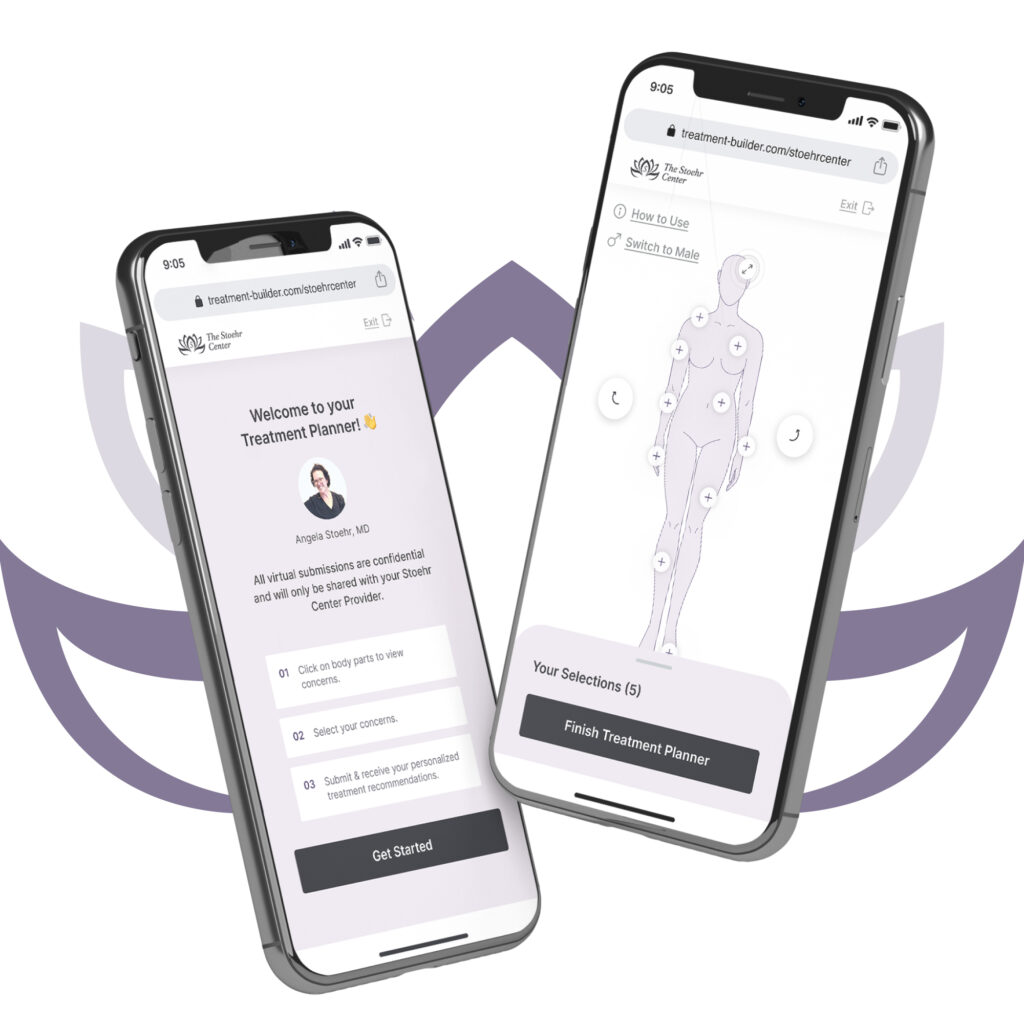Health and Nutrition Coaching
Both conditions affect women as they mature, leading to various physical and emotional changes—but what’s the difference?
Perimenopause is the transitional phase leading up to menopause, typically starting as a person ages into their 40s, and lasting between 4 to 10 years. The body starts to produce less estrogen and progesterone, leading to fluctuations in hormone levels that can cause a variety of symptoms.
During perimenopause, you may experience symptoms like:
- Irregular periods
- Hot flashes
- Night sweats
- Mood swings
- Trouble sleeping
- Changes in your libido
The symptoms may manifest differently for each person. You may only experience some of these symptoms while another person could end up having all of them.
Menopause marks the end of a woman’s reproductive years and comes with a new set of challenges. It occurs when a woman has not had a menstrual period for 12 consecutive months—the average age for menopause is around 51 years old. Once you start menopause, your ovaries stop releasing eggs and your hormone levels can drop significantly.
The symptoms are similar to perimenopause, but have a few differences:
- Hot flashes
- Bladder issues
- Vaginal dryness
- Weight changes
- Bone thinning
- Memory problems
As an expert menopause doctor in Frisco, Dr. Stoehr has delved into these conditions deeply and can help guide you through both phases. She offers a comprehensive and holistic approach to help you age gracefully and without worry.







